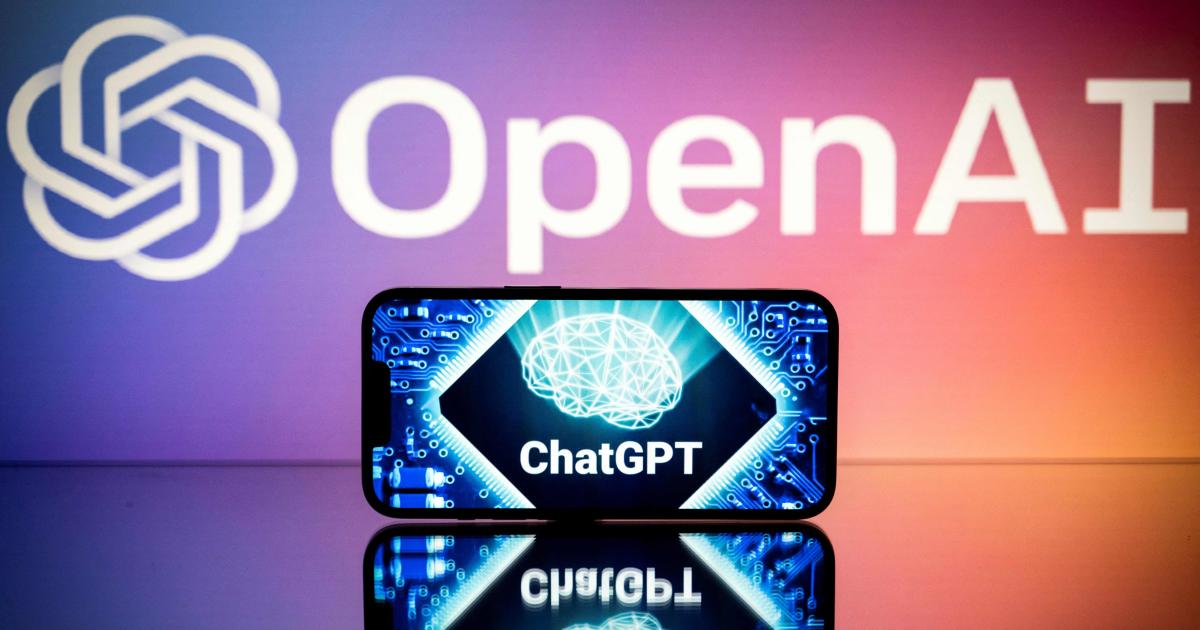
A public difficulty might put a short-term stop to implementing ChatGPT and comparable AI systems. The not-for-profit research study Center for AI and Digital Policy (CAIDP) has submitted a grievance with the Federal Trade Commission (FTC) declaring that OpenAI is breaking the FTC Act by releasing significant language AI designs like GPT-4. That design is “prejudiced, misleading” and threatens both personal privacy and public security, CAIDP claims. It stops working to satisfy Commission standards calling for AI to be transparent, reasonable, and straightforward to describe.
The Center desires the FTC to examine OpenAI and suspend future releases of significant language designs until they fulfill the company’s standards. The scientists want OpenAI to need independent evaluations of GPT services and products before release. CAIDP likewise hopes the FTC will produce an occurrence reporting system and official requirements for AI generators.
We’ve asked OpenAI for a remark, and the FTC has decreased comments. CAIDP president Marc Rotenberg was amongst those who signed an open letter requiring that OpenAI and other AI scientists stop briefly working for six months to offer time for principles conversations. OpenAI creator Elon Musk likewise signed the letter.
Critics of ChatGPT, Google Bard, and comparable designs have cautioned of bothersome output, consisting of incorrect declarations, dislike speech, and predisposition. Users likewise can’t duplicate outcomes, CAIDP states. The Center mentions that OpenAI cautions AI can “enhance” concepts, whether or natural. While upgrades like GPT-4 are more reputable, there’s an issue individuals might depend on the AI without verifying its material.
There’s no warranty the FTC will act upon the grievance. However, if it does set requirements, the relocation would impact advancement throughout the AI market. Businesses would need to await evaluations and may deal with more effects if their designs stop working to satisfy the Commission’s requirements. While this may enhance responsibility, it might likewise slow the presently fast rate of AI advancement.

